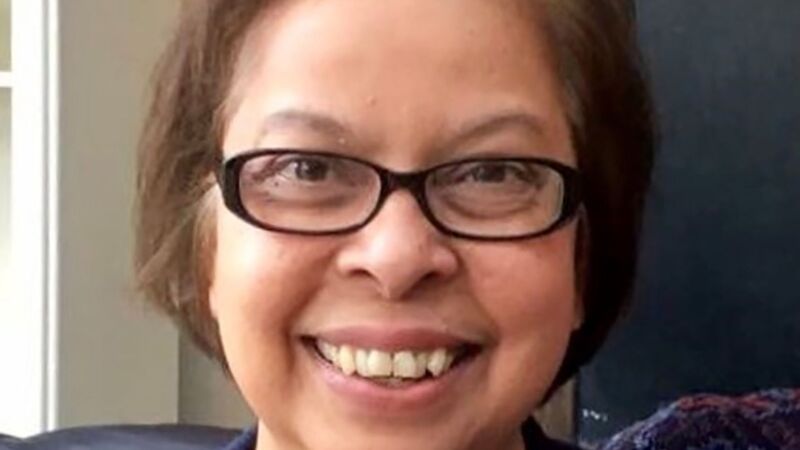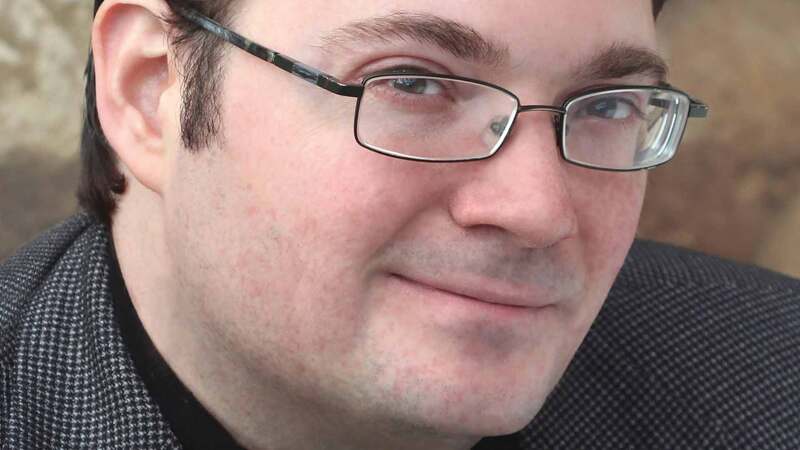You are viewing your 1 free article this month. Login to read more articles.
Gollancz/Rivers of London shortlistees named
Eight titles by unpublished British and Irish authors have been shortlisted for the inaugural Gollancz and Rivers of London BAME SFF Award, the prize set up and funded by author Ben Aaronovitch in order to help boost representation of black, Asian and minority ethnic writers in British Science Ficton and Fantasy.
The octet were whittled down from 220 entries, in which candidates submitted a SFF short story or novel-in-progress of fewer than 10,000 words. The winner—to be announced in a ceremony in July—will receive £4,000 and a year-long mentoring programme with Gollancz senior commissioning editor Rachel Winterbottom. The second placed writer will be awarded £2,000 and a critique of their work, while runners-up will each earn an £800 cash prize.
The shortlist in full is: Jaya Martin's Blood of the Wolf, Dolly Garland's Kali's Call, Ewan Ma's Nowhere more Changeable than the Mortal Heart, Victor Organa's Seeds of Heaven, Esmie Jikiemi-Pearson's The Principles of Moments, Kyla Jardine's The Reeves’ Guild, Dan Buchanan's The Scent of Cloves and Amy Borg's The Shape of the World.
Aaronovitch launched the prize last October, noting that there was diversity problem with British speculative fiction, that it was "in fact, whiter than a polar bear in a snowstorm who’s decided to redecorate their cave with Dulux’s brand new white, with a touch of white collection". The author partnered on the award with his publisher Gollancz, National Novel Writing Month, The Good Literary Agency and Adjoa Andoh, the actor perhaps best known for her work on "Doctor Who" and "Casualty".
Gollancz said that Nielsen Book data shows that while the number of British SFF authors published nearly doubled in 2019, the number of BAME authors rose only from five to nine. The publisher added: "Even with this increase, BAME authors are still less than 3% of British authors published in sci-fi and fantasy, lagging far behind the representation of authors of colour in the American market. British sci-fi and fantasy also lacks in representation when it comes to female writers. While America has basically achieved gender parity for the last few years of publishing, 2019’s figures show women only represent 21% of British SFF authors."
Of the shortlisted authors, Aaronovitch said: "I always assumed the talent was out there but this has been like opening a box and having stories leap out in every direction. The quantity and breadth of the talent and the diversity of subject matter have been breath-taking."
















